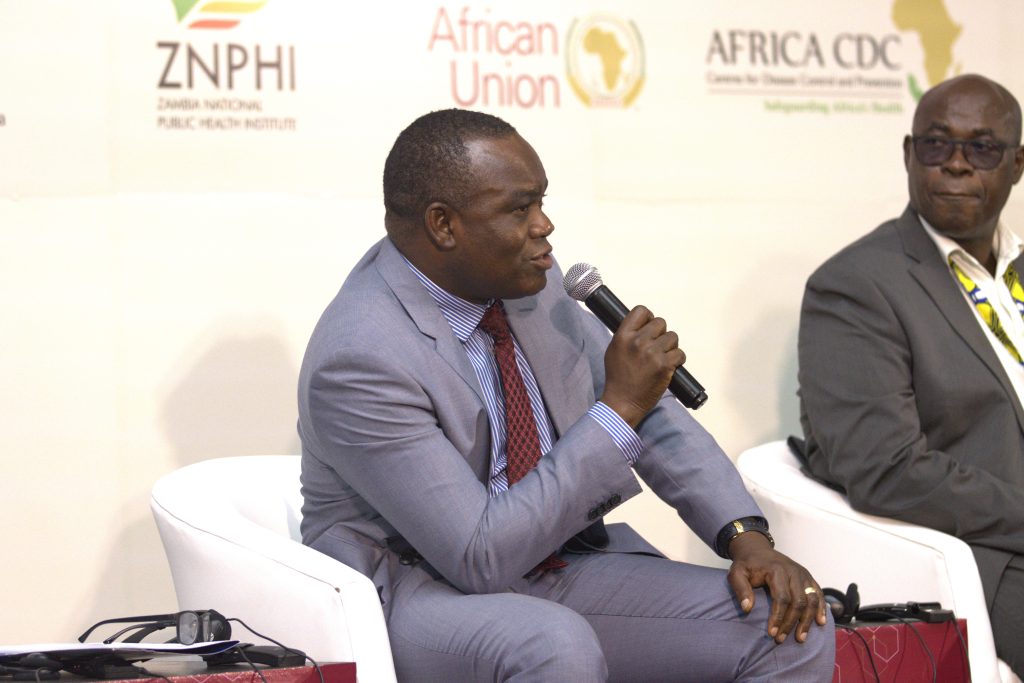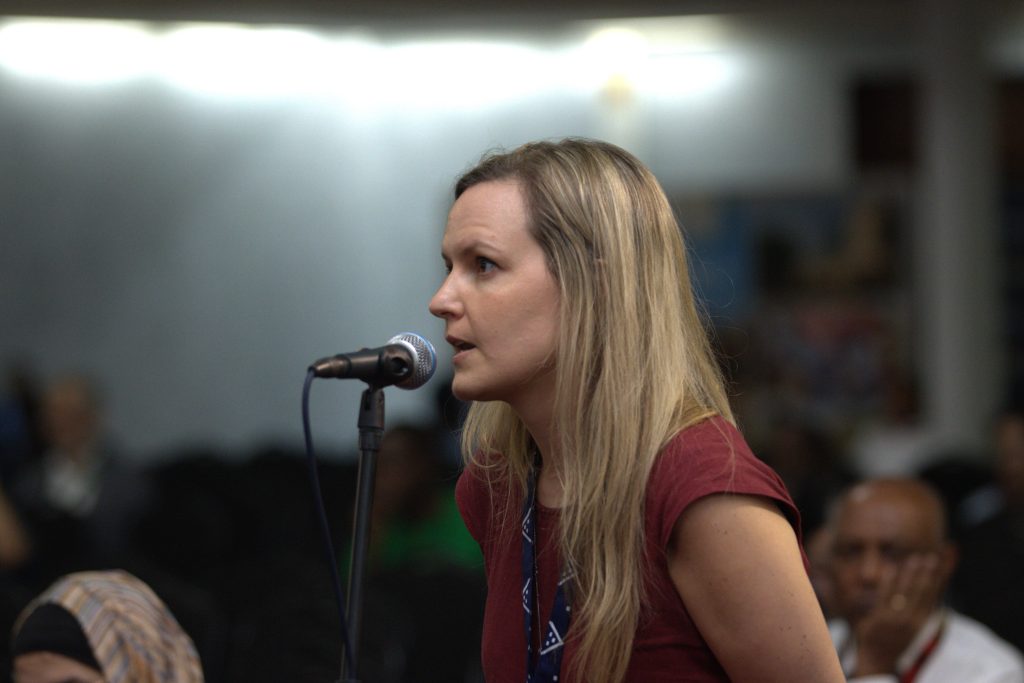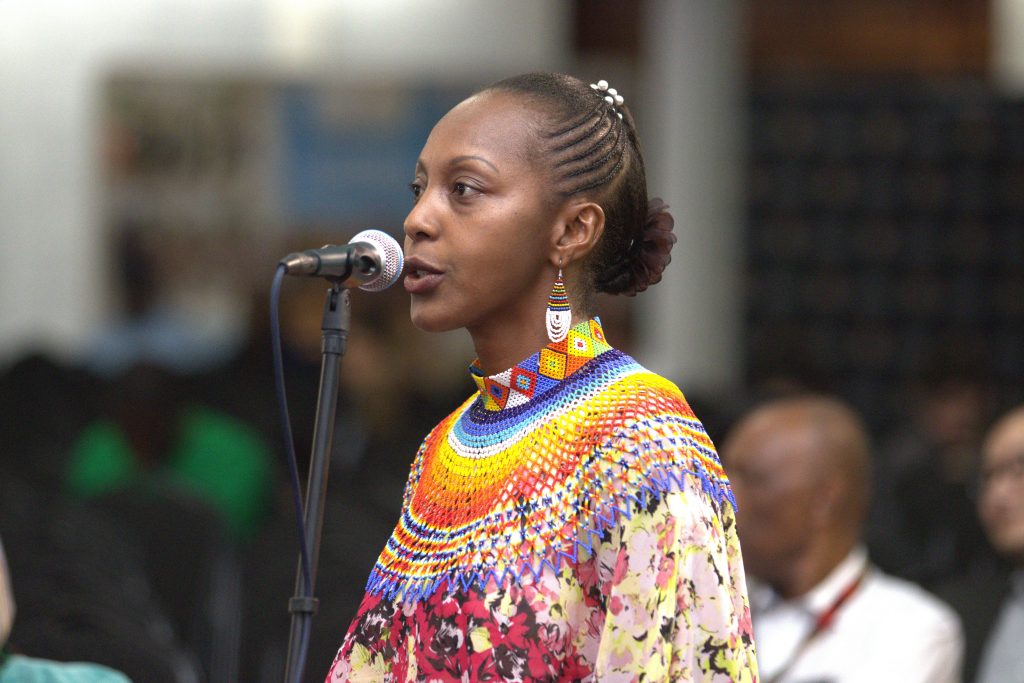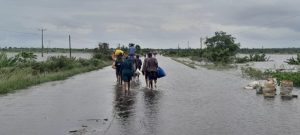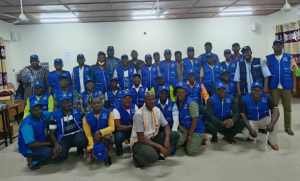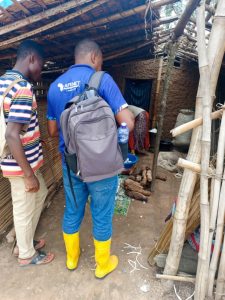AFENET Director calls for mainstreaming of climate change into health policy and actions
-
by
AFENET
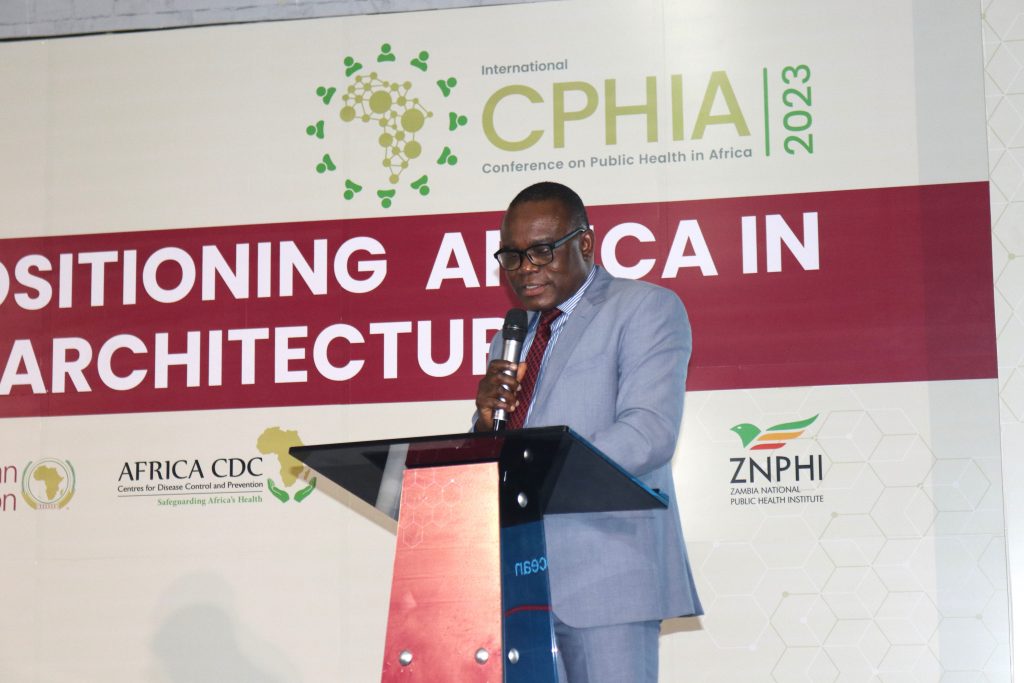
“In the quest to ensure the health of our populations, we must pay attention to climate change and invest heavily in it. This demands political commitment and good governance, multisectoral collaboration and partnership with the private sector, civil society organizations, communities, multilateral and bilateral international partners, and many more.”
These words from Dr. Simon Antara, Director of the African Field Epidemiology Network (AFENET), at the 3rd International Conference on Public Health in Africa, underscore the critical intersection between climate change and public health. As the global community faces unprecedented challenges, the need to prioritize climate action for the well-being of populations worldwide becomes increasingly evident.
The Nexus of Climate Change and Public Health:
Climate change is not only an environmental concern but a profound threat to human health. Rising temperatures, extreme weather events, and shifting disease patterns pose substantial risks to communities across the globe. From Cyclone Freddy-deadly tropical cyclone from Indian Ocean that hit Madagascar and other Southern Africa countries, to the massive rainfall flooding in Central and West Africa and the unrelenting drought in the Horn of Africa, the impact is massive. Recognizing this, Dr. Antara emphasizes the need for a comprehensive and collaborative approach that involves various stakeholders.
Political Commitment and Good Governance:
Effective climate action requires strong political commitment and good governance. Governments play a pivotal role in formulating and implementing policies that address climate change and its impact on public health. By establishing clear frameworks, regulations, and incentives, political leaders can create an environment conducive to sustainable practices and resilience building. He highlighted the latest WHO analysis, in which most countries in Africa have included health in their nationally determined contributions to the Paris Agreement.
Multisectoral Collaboration:
Collaboration among government agencies, environmental organizations, healthcare institutions, and other sectors is crucial. Dr. Antara highlighted the many multi-lateral climate action financing mechanisms such as the Green Climate Fund, the Adaptation Fund, and the Global Environmental Facility among others. By sharing expertise, resources, and data, we can develop holistic strategies that address both environmental sustainability and public health concerns.
The Way Forward:
Dr. Simon Antara rooted for the building climate-resilient health systems involving:
- Training and upskilling of the health workforce to understand and be able to respond to climate-sensitive health issues
- Building climate-resilient facilities that can withstand the vicissitudes of the climate
- Strengthening the supply chain system and developing the local capacity to produce medical countermeasures
- Developing a strong one-health surveillance and early warning systems that allow for the integration of meteorological data is critical in forecasting, planning, and response.
To wrap it up, Dr. Antara re-echoed the words of former US President, Barack Obama who said, “We are the first generation to feel the impact of climate change and the last generation that can do something about it”. Dr Antara’s words serve as a reminder that only through political commitment, collaboration, and inclusive partnerships can we navigate the intricate challenges posed by the changing climate.
